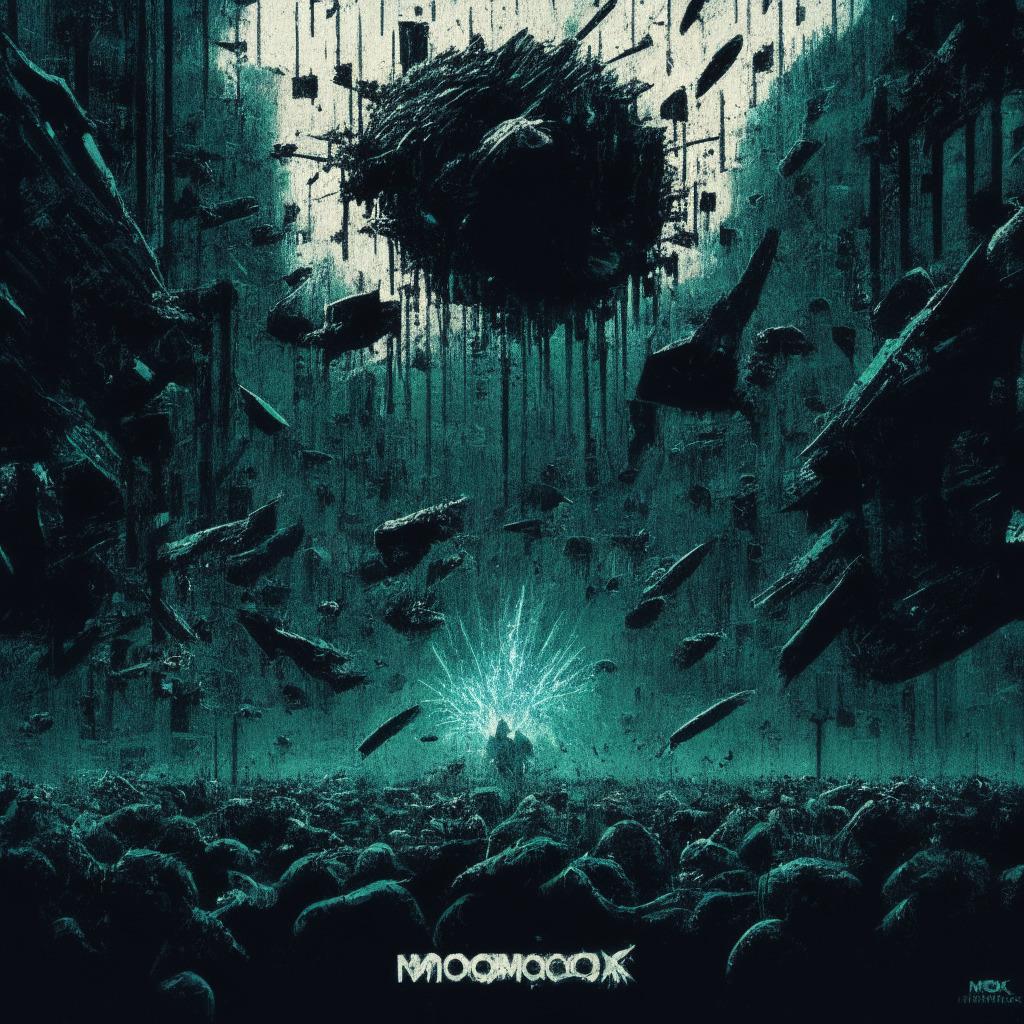A striking development in the ongoing tussle betweenBinance.US and the U.S. Securities and Exchange Commission (SEC) saw Judge Faruqui reluctant to permit the inspection of Binance.US’s software— a decision signifying an unexpected setback for the regulatory body in its ambitions to gain insights into the exchange’s operation. It appears a more tailored approach to requirements is something the SEC needs to formulate, and perhaps extending its witnesses’ pool for testimony would also improve its chances, as suggested by the judge.
In another turn, a push comes for dismissal of the lawsuit lodged in June against Binance’s global operation and its CEO, Changpeng “CZ” Zhao. The defence raised by Binance is pivoted on the claim that the lawsuit exceeds the SEC’s jurisdiction— a point offering much to ponder for the crypto enthusiasts and skeptics alike.
On the other hand, the saga of Mt. Gox, one of the pioneering cryptocurrency exchanges that faced a massive hack in 2011, and subsequently collapsed in 2014 due to alleged insolvency, continues. As per the update from its trustee Nobuaki Kobayashi, repayments to the exchange’s creditors have been delayed further. The revised deadline for repaying the creditors is now set to October 2024— a bit of a setback for those left hanging by Mt. Gox’s collapse.
While the above events imply legal challenges and delays in the crypto world, a boost comes from Tether‘s decision to authorize $1 billion USDT to ‘replenish’ Tron network. To many, this development seems to strengthen the standing of Tron while contributing to the dynamism of the crypto ecosystem.
Controversially, a lawsuit has been initiated against the parents of FTX founder Sam “SBF” Bankman-Fried. The claimants argue that through their involvement in FTX, Joseph Bankman and Barbara Fried unjustly enriched themselves at the expense of the debtors. This allegation, if proven true, would cast a concerning shadow on the ethical aspects of management in some segments of the crypto world.
Among the new initiatives, Grayscale latest move to file with the SEC for a new Ether futures exchange-traded fund (ETF) appeared noteworthy. The Trust, dubbed as Grayscale Ethereum Futures Trust, will hold Ether futures contracts and does not require the trust to use an Ether custodian— a promising development for Ether enthusiasts.
In conclusion, while the legal wrangling and repayment delays bring a shadow of skepticism, the strides like strategic authorization by Tether and new filings with SEC bolster confidence in crypto’s future prospects.
Source: Cointelegraph




